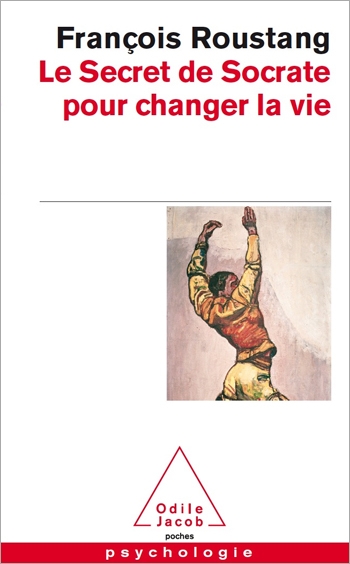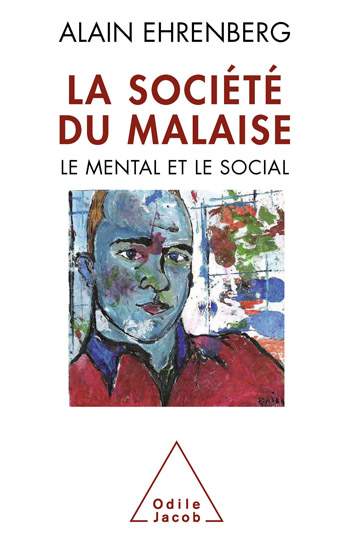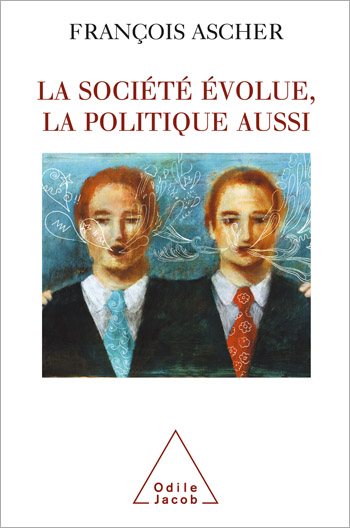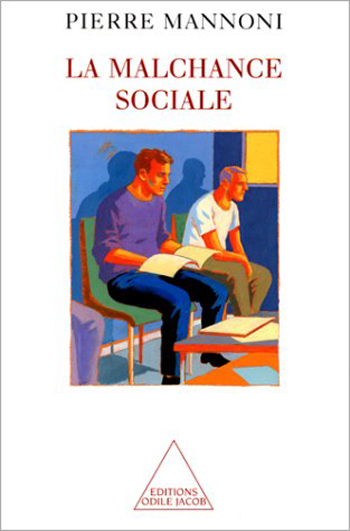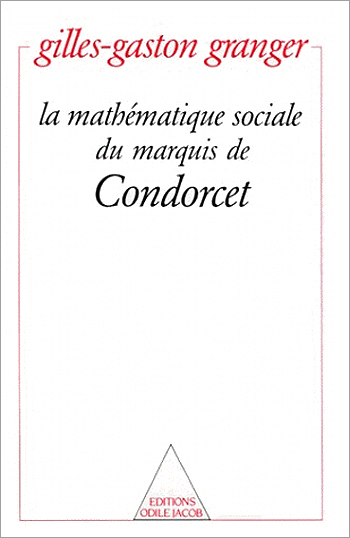Human Sciences All books
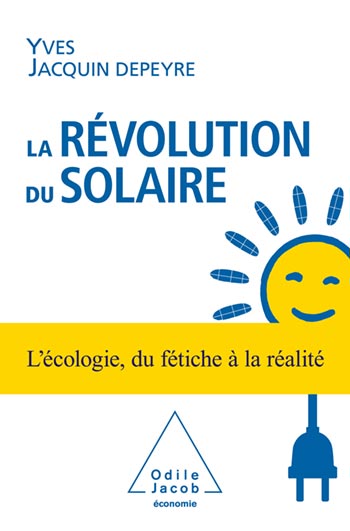
Yves Jacquin Depeyre
The Solar Revolution
The author writes as a player on the field. His practical experience allows him to explain why the move toward solar energy will prove to be infinitely more beneficial than what has been expected.
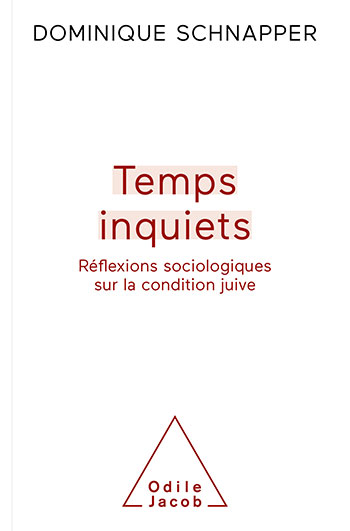
Dominique Schnapper
Sociological Reflection on the Jewish Condition
Following the “days of suspicion” initiated in 1967 by the speech of General de Gaulle, which put an end to a form of accord between France and the State of Israel...

Alex Türk
Society Under Surveillance
An advocate of democratic vigilance, Alex Türq calls for a wide-ranging discussion on all these issues.
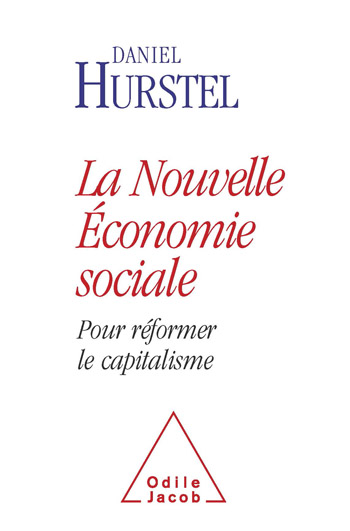
Daniel Hurstel
Socially Conscious Enterprises In Defence of Diversified Capitalism
The author argues that it is time to promote a new form of capitalism founded on socially conscious enterprises pursuing social goals though set up like other members of the business sector.
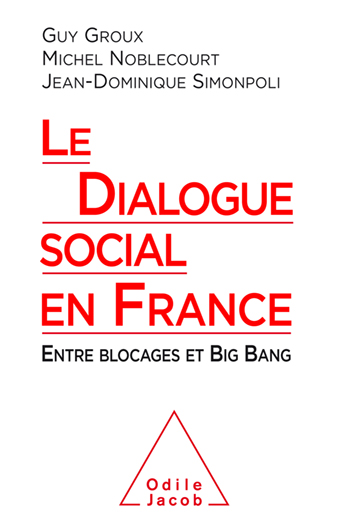
Guy Groux, Michel Noblecourt, Jean-Dominique Simonpoli
Social Dialogue in France
Never has the potential for social dialogue been greater. Never has the law given so much autonomy to social partners...
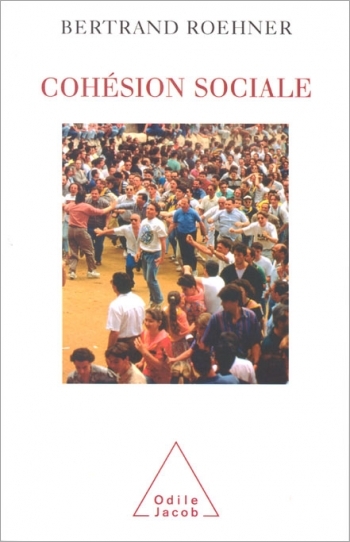
Bertrand Roehner
Social cohesion
The methodology of physics is now being applied to the social sciences. Social cohesion, which assures social stability and continuity, is both observable and measurable. It may be observed in events that repeat: in test events such as the destruction of the mosque in Ayodhya, India (1992), and of the twin towers of the World Trade Center in Manhattan (2001); in catastrophes such as the Great Fire of London (1666), the earthquakes and fires of San Francisco (1906) and Tokyo (1923); in the riots of rejection in Lawrence, Mass., U.S.A. (1984), and in Aigues-Mortes, France (1893); in the protest riots in Brixton, U.K. (1981); and in resistance to foreign occupation, as in France (1940). Social cohesion can be measured through the reactions of a given society in the aftermath of a shock: for example, in the number of Hindu temples that were burned down or mosques that were destroyed following the first two test events listed above. By borrowing the methods of physics, social scientists have been able to make predictions in their own field. Bertrand Roehner is a member of the Laboratory of Theoretical Physics at Pierre et Marie Curie-University of Paris VII. He is the author of Un siècle de commerce du blé en France (Economica), Theory of Markets (Springer), Application of Physics in Economic Modelling, Pattern and Repertoire in History (Harvard University Press) and Separatism and Integration (Rowman and Littlefield).

Marc Augé
So Who Is the Other?
The originality of the subjects that Marc Augé studies: from soccer games to the heroes of American series, as well as roundabouts and urban architecture. The intellectual journey of one of the greatest, world-renowned anthropologists.
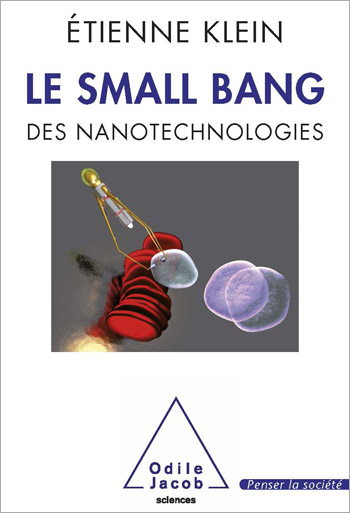
Étienne Klein
The Small Bang of Nanotechnologies
Nanotechnologies no longer concern just the manipulation of matter, one atom at a time: they now incorporate all the techniques that allow the manufacture of tiny objects with a precision equal to one billionth of a metre...
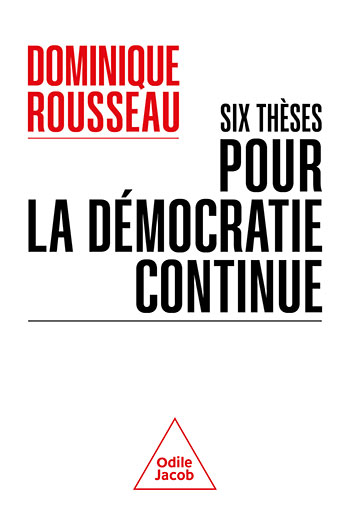
Dominique Rousseau
Six Theses in Favor of Continuous Democracy
The question of a change in constitution has often been raised: it is entirely relevant in the electoral campaigns of 2022...

Jean Adès
Sin and Madness The Psychopathology of the Deadly Sins
A unique and fascinating approach to psychiatry and psychic suffering

Claudine Monteil
Simone de Beauvoir Today
The author evokes her long friendship with Simone de Beauvoir and offers a detailed portrayal of women’s lives today.

